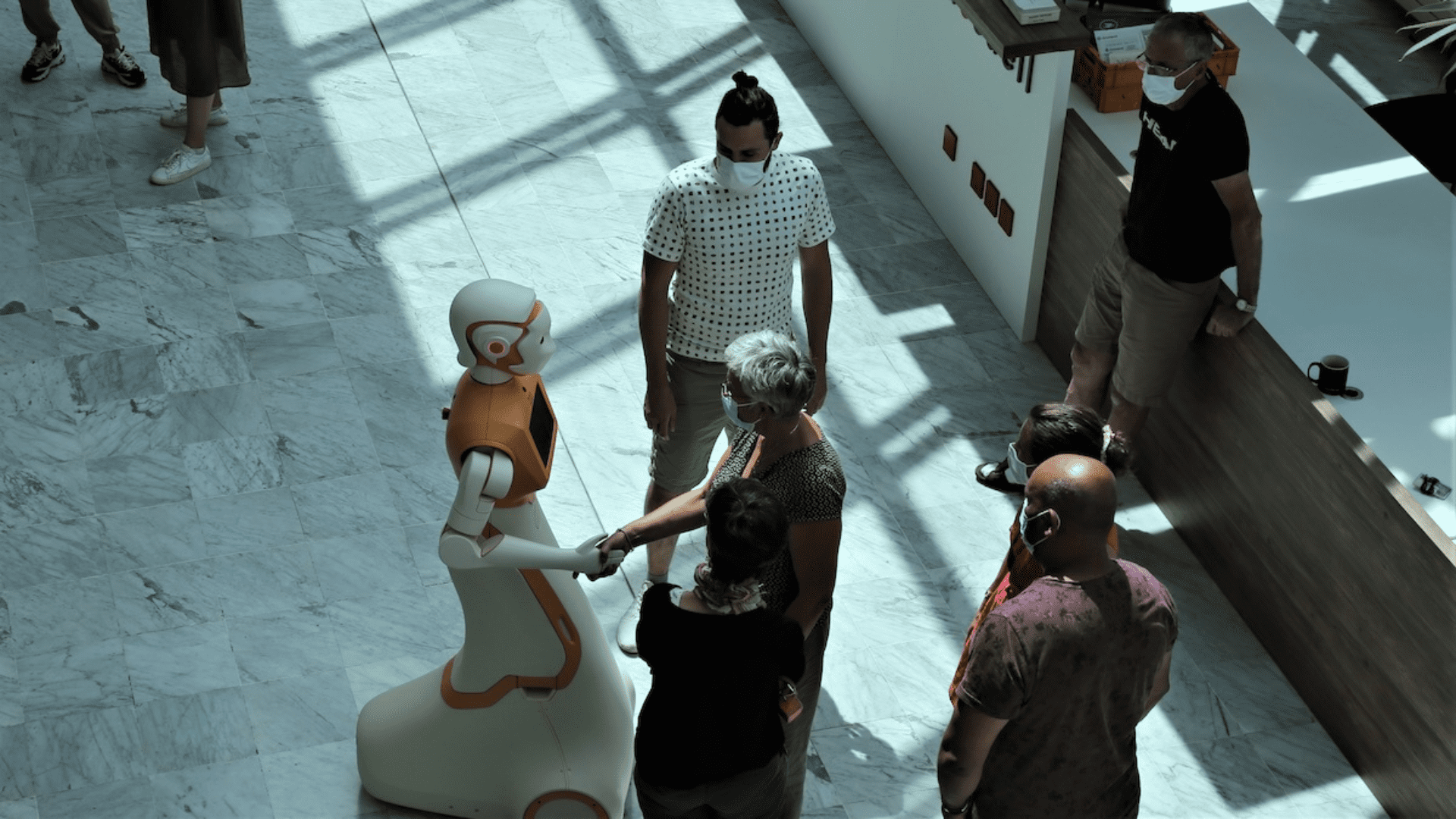Support is growing in China to introduce an AI platform similar to ChatGTP. An agency based out of Hong Kong introduced an artificial intelligence model based on Meta’s Llama 2.0 model. The agency falls under the Chinese Academy of Sciences. They aim to implement the software where in several fields including healthcare.
TaiChu AI Model
The Chinese Academy of Sciences TaiChu model is one of the services that was approved for a public rollout in August. They expect to use the model in several fields including healthcare, transportation, and industrial production. Since releasing the AI model, developers say it has improved its decision-making abilities. They say it went from “perception and cognition” to “decision-making.”

Some believe that this technology has the potential to revolutionize fields. For example, China is currently testing a healthcare-focused AI assistant model for neurosurgeons. Seven hospitals in Bejing are testing the model and the government plans to test the AI assistant in other cities in the next few months.
Explore Tomorrow's World from your inbox
Get the latest science, technology, and sustainability content delivered to your inbox.
I understand that by providing my email address, I agree to receive emails from Tomorrow's World Today. I understand that I may opt out of receiving such communications at any time.
CARES Copilot 1.0
Scientists involved with the model ensured the medical bot was ready for the hospital. They trained it with medical papers, manuals, and journals. When introducing the medical bot, researchers aimed to create one that doctors could rely on. Liu Hongbin, the center’s executive director, wanted to create more of a trustworthy surgery consultant with medical information.
The name of this medical bot is CARES Copilot 1.0 which answers a wide range of medical questions. Moreover, the bot provides citations to every question that it answers. Additionally, it can quickly process diagnostic data including images, audio, texts, MRI, ultrasounds, and CT scans. Despite its capabilities, researchers aim for something bigger. They want it to take more active roles.

Researchers and developers envision the chatbot giving doctors better medical advice for patients. Also, they want the bot to warn doctors of potentially risky surgery that could cause harm to the patient. In an interview with Bloomberg, Feng Ming, chief physician at Peking Union Medical College Hospital’s neurosurgery department, highlighted some issues that could hinder development.
Ming, who played a role in development, said “There are obstacles, including restricted computing power due to the banned access to Nvidia’s advanced chips. However, we can develop a vertical model with our own characteristics with more high-quality data from top hospitals in the mainland, which is not available for OpenAI and many domestic private companies.”







